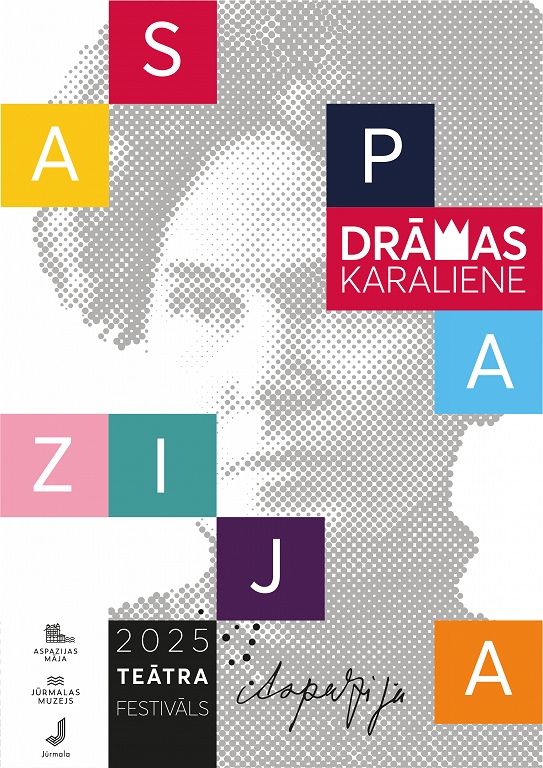Considerable more cases of euthanasia in 2024. ‘I want to die quietly and worthy, just like my wife’

Jan Kapitein (90) pours coffee in cups with farmers’ fur motif. Around the kitchen table are four solid wooden chairs, the handrails of which are decorated with carved hearts. He still lives in the house where his children grew up, but nowadays he is usually alone. His wife died three years ago. And now Kapitein himself increasingly thinks at the end.
For him lies the form with which he can request euthanasia. He does not want to leave life right behind him, but he does not want a agony either. He wants grip and direction. A man of ninety should be able to determine when it has been enough, he thinks. « The last moment is getting closer, I notice that in everything. »
Just as in previous years, the number of cases of euthanasia also significantly increased in 2024, according to the latest figures from the Regional Assessment Committees Euthanasia (RTE), which were published on Monday in the annual report for 2024. The RTE tests all euthanasy cases afterwards, and therefore has a very overview of the practice. The committees received 9,958 reports last year. That is ten percent more than in 2023. This increase can be partly explained by the aging population, but Euthanasia also started to make a larger percentage of the total number of deaths last year: from 5.4 percent in 2023 to 5.9 percent in 2024. The steady growth will continue to continue, writes in the preface to the annual report.
In recent years, the rising trend has led to a social debate about the causes of the increase. « But explaining that increase is not our job, » says RTE chairman Mariëtte Moussault. « For us, the most important thing that has been shown again has been shown that the practice of euthanasia is careful. » Only six of the ten thousand euthanasy cases in 2024 were assessed by the RTE as’ careless « . Those goods report the committees to the Public Prosecution Service, which determines whether legal proceedings will be started.
Commissioned by the Ministry of Health, Welfare and Sport, the Radboudumc will start this spring with an investigation to the ethical and social aspects of these developments. Is this a « neutral trend, » the research group wonders, which is the result of normalization of euthanasia and the importance we assign to autonomy? Or are there concerns about certain aspects that deserve attention?
It is certain that the support for euthanasia has been growing since the introduction of the euthanasia law in 2002, and that there is a strong need for a large part of the population to determine more about the end of life. For example, a representative survey by the Dutch Association for a Voluntary End of Life (NVVE) showed last fall that 65 percent of the population believes that people themselves should decide to end their lives if they experience this as ‘completed’. In 2017, the last time that a similar study was done, it was 57 percent.
« I find it unjust. A person can decide on everything – buying the house, a marriage – except for the most important thing, death. »
Eye -migraine
It is the time of the Narcis, Kapitans Lievelingbol. The fields near his hometown of Lisse are full of it. « Then you know that spring is coming and everything starts to grow again. » On a table next to the windowsill are two vases full of the yellow flower.
Captain has been a bulb grower, about half a century, he says, just like his father. « I did it, but I wasn’t broken. » Initially Bol by Bol went into the ground by hand, Kapitan’s hands. « We did months in one field. » But then the heavy machinery came into play, which she presses into the earth in no time.
Sometimes his children, grandchildren – and there are even great -grandchildren – come to visit, but usually life is calm and quiet. « They don’t need me anymore. » He doesn’t say that to do pathetic, it’s the way it is. And although Captain still goes by bike to the supermarket three kilometers away, he has noticed his body and head in recent years that everything is getting less and less. He is wagger, often becomes dizzy.
Only ago, says Captain, he discovered something new. He wanted to overwrite money in the « old -fashioned way », as always. « That has to be done with an IBAN code. And I always check those figures a few times, because I want to be sure it is going well. But then I was called by the bank. » It is not right, the man said. « And then I knew: well there is really something in my head going on that is not beautiful. »
And then that « eye migraine. » Something new too. He had never heard of that. Suddenly the letters started dancing before his eyes when he had read for a while. The Magic Mountain From Thomas Mann, whom he is re -reading, he must always put away. « The rules are mixed up. »
Captain still remembers how his grandmother died, in the house on the right. « I heard her say: what’s dying terribly long. I don’t want to experience all that misery. » Mr. Captain wants certainty about his future, or actually: about the end of it. Only a few decades ago he had not dared to admit that thought in this way, because he was raised Catholic. « You have a group of believers and they think that the life of God is, you can’t get there. But I don’t think about it anymore. »
‘A syringe’
Captain plays the feeling of more contemporary elderly people. They grew up with faith, but many of them let it fall somewhere during their lives. The churches became empty and self -determination became the new direction. More than ninety percent of all reports of euthanasia were also about people over seventy in 2024. The largest group is in the age category 70 to 80 years.
Only, Captain notes, it is not that easy to plan dying.
Kapitein: « I always said: if I can no longer take care of things around the house, it has been good, because I am not going to a nursing home. »
He now notices that euthanasia is not easily organized. He has always had faith in his doctor, whom he had had for decades and took care of the euthanasia of his wife. « I knew I could count on him. » But that general practitioner has now retired, and when Captain went into conversation with the replacement about the end of life, he said, according to Captain, that she would not just give him – in his words – ‘a syringe’, and could not give any guarantees for the future.
Whether it will be fine with death, so Captain is uncertain. « I want to die calmly and worthy, just like my wife. As it went with her, you wish everyone. » She had increasingly fierce inflammation on her legs, and there was no perspective. She received euthanasia because of a stacking of old age disorders
The forms on the table are for the Euthanasia (EE) Expertise Center, which assists doctors but also employs doctors themselves. They will stay there for the time being. « I don’t want now, but I want to know it will be fine. »
Captain would want the law to be completed. That law, a proposal from D66, should ensure that people over 75 are helped with dying if they consider their lives lived. A doctor therefore does not have to assess whether people suffer ‘hopeless and unbearable’, as is now in the euthanasia law. It is sufficient if the older person finds it himself. But for the time being such a scheme is not there yet.




/s3/static.nrc.nl/images/gn4/stripped/data133212332-41b949.jpg)
:format(webp)/s3/static.nrc.nl/images/gn4/stripped/data133314127-765aec.jpg)
:format(jpeg):fill(f8f8f8,true)/s3/static.nrc.nl/wp-content/uploads/2019/10/youp5bij3.png)



